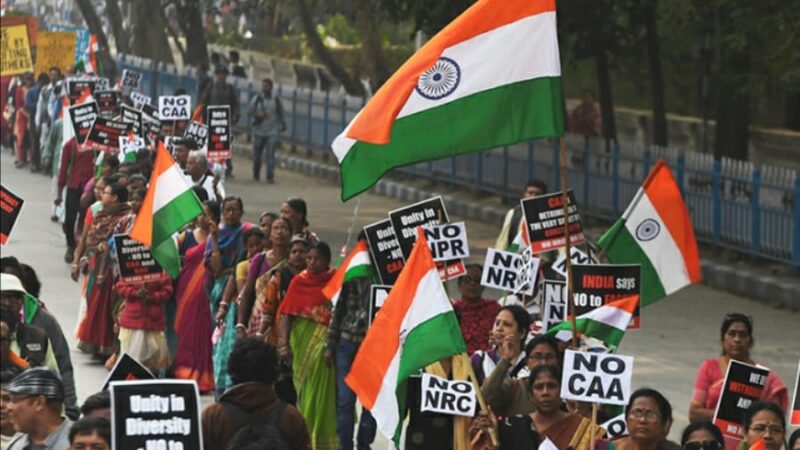Insight into the Sexual Harassment Of Women At Work Place Act 2013

Ever heard of the maxim that ignorance of law is no excuse?
Well, there are many laws in our country that have been left unnoticed because either they are left unenforceable or they do not grab the attention of the common man because of many reasons.  Here are 10 facts about the Sexual Harassment of Women at Work Place Act 2013 that every woman needs to know: 1. 16 years! Basically, the Sexual Harassment of Women at Work Place Act 2013 is a statutory extension of the Vishakha Guidelines which is the historic judgment of the Vishakha v State of Rajasthan Case which happened in 1997. The incident took place in the year 1992. The facts of the case are that a woman named Bhanwari Devi was gang raped by a group of Thakurs as she attempted to stop a child marriage in their family. Bhanwari Devi was a social worker at a rural development program initiated by the State Government of Rajasthan, aimed at curbing child marriages in villages.
Here are 10 facts about the Sexual Harassment of Women at Work Place Act 2013 that every woman needs to know: 1. 16 years! Basically, the Sexual Harassment of Women at Work Place Act 2013 is a statutory extension of the Vishakha Guidelines which is the historic judgment of the Vishakha v State of Rajasthan Case which happened in 1997. The incident took place in the year 1992. The facts of the case are that a woman named Bhanwari Devi was gang raped by a group of Thakurs as she attempted to stop a child marriage in their family. Bhanwari Devi was a social worker at a rural development program initiated by the State Government of Rajasthan, aimed at curbing child marriages in villages.
2. Definition of Sexual Harassment Section 2 clause (n) of the Act elaborately describes the acts that come under sexual harassment. Interestingly these are the exact replica of the Vishakha Guidelines, making it obvious that within a span of 16 years, even technological changes have not created an impact upon the vision of what constitutes sexual harassment.
3. Work place means even at home. Section 2 clause(o) defines what a workplace is. The peculiar characteristics of some jobs make it inevitable to work from home (e.g., home nurse, doctor visits etc.), thus by bringing home under work place our legislature has widened the scope of sexual harassment of women at workplace act.
4. The Internal Complaints Committee In an establishment where the number of employees is more than 10, it is stipulated that there has to be an Internal Complaints Committee chaired by a woman and of which at least half of the members should be women. All the members including the presider will have three years of tenure.
5. Even though males can be raped they cannot be sexually harassed!!! As such, the act covers only female employees. Even though Section 377 of the Indian Penal Code covers male rape, no other sexual harassment act in India has been made gender neutral.
6. The Circumstances defined Clause 3 sub clause 2 enumerates certain circumstances which would make the offence of sexual harassment more evident. They include a threat of future unemployment, promise of preferential treatment among others.
7. Conciliation not monetary settlement The Internal Complaints Committee, after it receives a complaint of sexual harassment can settle the matter by conciliation. The Act specifically denies the granting of monetary settlement thereby preventing the abuse of the Act. If not, it can enquire into the complaint under the provisions and can recommend punishment to the employer.
8. The Procedure. The Internal Committee is the most powerful centre to curb the menace having the powers of a Civil Court whereby it can demand the attendance of any person to make a statement under oath. It can grant leave to the aggrieved, transfer her to any other workplace and can also stipulate conditions to be followed by the respondent if found guilty.
9. No agriculture or other employment One lacuna that the critics have found is that agriculture being the largest employer of women is not being covered under the Act. Although unorganized sector is being covered, the court of first instance in an establishment without an Internal Complaints Committee is the Court of the First Class Magistrate where all the procedural delays of a normal court can be expected.
10. Inappropriate behavior, untoward incident, internal matter are still the synonyms of sexual harassment The Act has elaborate provisions for defining sexual harassment and inquiry into complaint. Still, the Act remains a dead letter since the incorporation of an Internal Complaints Committee in every establishment is obscure and most of the apparent instances of sexual harassment are being dubbed as ‘inappropriate behaviour’ or an ‘untoward incident’ or ;an internal matter’ and thus are excluded form liability. ————–






